As BJP led NDA government headed by PM Narendra Modi is pushing for the structrual reforms in the financial sector by pushing GST, demonitization, direct tax reforms, bank NPA resolution, introduction of insolvency act, opening up bank account for every citizen: it is imperative to push for stringent laws to promote online and cheque transactions. Opinion Express readers specially the PIO/NRI population should be informed about the changes happening in India for the larger benefit. The overseas investors should take a note on the information shared below.
INTRODUCTION: WHAT IS A CHEQUE?
A Cheque is a bill of exchange drawn upon a specified banker & not to be expressed to be payable otherwise than on demand. The following are the essential characteristics of a cheque:
- It has to be in writing
- It has to be an unconditional order
- Banker has to be specified
- Payment should be directed to a specified person
- It should be payable on demand
- It should be for a specific some of money
- Should have the signature of the drawer
BOUNCING OR DISHONOR OF CHEQUE:
A cheque is said to be dishonoured or bounced when it is presented for payment to a bank but it is not paid because of some reason or the other.
The following can be the reasons for bouncing of a cheque in India:
- Signature is not matching
- There is overwriting in the cheque
- Cheque was presented after lapse of three months, i.e. after the cheque has expired
- Account was closed
- Insufficient funds in the account
- Payment stopped by the account holder
- Opening balance insufficient
- Disparity in the words and figures mentioned on the cheque
- In case the cheque is issued by a company, the same does not bear the seal of the company
- Mismatch in account number
- In case of joint account where both signatures are required, only one sign is there
- Death of the customer
- Insolvency of the customer
- Insanity of the customer
- On the order of the garnishee
- Crossed cheque
- When a cheque is issued against the rules of trust
- Alteration in cheque
- Doubt in genuineness of the cheque
- Presented at the wrong branch
- Crossing limit of overdraft (OD)
Cheque bouncing is a criminal offence in India. The following tips and steps will provide for as a useful guide for cases of cheque bouncing as per the provisions of the Negotiable Instruments Act:
Step 1 : Demand Notice
Once the bank has return the cheque, i.e. the cheque has bounced, you are required to send a letter (demand notice) within 30 days of such bouncing to the party who wrote the cheque (the drawer) threatening to initiate proceedings under the Negotiable Instruments Act in case the amount is not paid within a stipulated time period (usually 15 days).
Even though there is no prescribed format for this notice, its purpose of demanding payment and informing the issuer that s/he will be prosecuted in case payment is not made should be highlighted very clearly. Further, proof of delivery of such letter should be preserved carefully.
Demand letter can be sent by the complainant her/himself. However, it is advisable to get the draft vetted by a cheque bounce lawyer before sending it to the person concerned.
The following information should be stated clearly demand notice:
- Statement that the cheque was presented within its period of validity.
- Statement of debt or legally enforceable liability.
- Information regarding dishonour of cheque as given by the bank.
- Demanding the issuer to pay the amount due within 15 days of receiving such notice.
Send Legal Notice for Cheque Bounce
Step 2 : Drafting of Complaint:
After lapse of 15 days from the date of delivery of the demand letter, if no payment has been received, there is a 30 day time period to file the complaint before a magistrate.
Jurisdiction for filing the complaint: A magistrate in any of the places out of the following:
- Where the cheque was drawn;
- where the cheque was presented;
- Where the cheque was returned by the bank;
- where the demand notice was served by you
The following documents will be required in filing the suit:
- Complaint,
- oath letter; and
- photocopy of all the documents such as cheque, memo, notice copy, and acknowledgment receipts.
Step 3 : Court Process for filing a case
- Court Fee –
| Amount on cheque | Court fee |
| Rs. 0 to Rs. 50,000/- | Rs. 200 |
| Rs. 50,000/- to Rs. 2,00,000/- | Rs. 500 |
| Above Rs. 2,00,000/- | Rs. 1000 |
- Memo of Advocate is essential at the time of filing a suit along with signatures of complainant.
- After case is file by complainant in court, all documents are cross checked by Judicial Magistrate First Class, so original documents such as original cheque (bounced), original memo, copy of notice, receipt of post office, receipt of U.P.C., acknowledgement receipt, are required at the time of cross checking.
- The period of limitation is also verified at this stage.
- The Process Form, also known as the Bhatta, is filed by the complainant or lawyer, along with addresss of accused.
- The court then issues a summons to accused for appearance in court on specific date.
- If Accused does not appear in court on the date of hearing, the court issues a bailable warrant on the request of the complainant.
- It the accused still does not appear before the court, the court may issue a non-bailable warrant of arrest.
IMPORTANT TIPS:
- A delay in filing the complaint after the lapse of 30 days may be excused by the magistrate only in exceptional circumstances.
- Dishonour of a cheque due to stop payment is also covered under Section 138 of the NI Act.
- Presentation of the cheque at the request of the drawer after the demand notice has been sent will and consequent dishonour of the cheque will not mean that the drawer’s time limit under the notice has increased.
- A cheque issued as a gift/donation/any other obligation, will not be covered under Section 138 of the Act. For this section to apply, the cheque has to carry a legal obligation.
- A cheque expires after three months.
By Vishnu Sharma Adv Supreme Court of India.








 OpinionExpress.In
OpinionExpress.In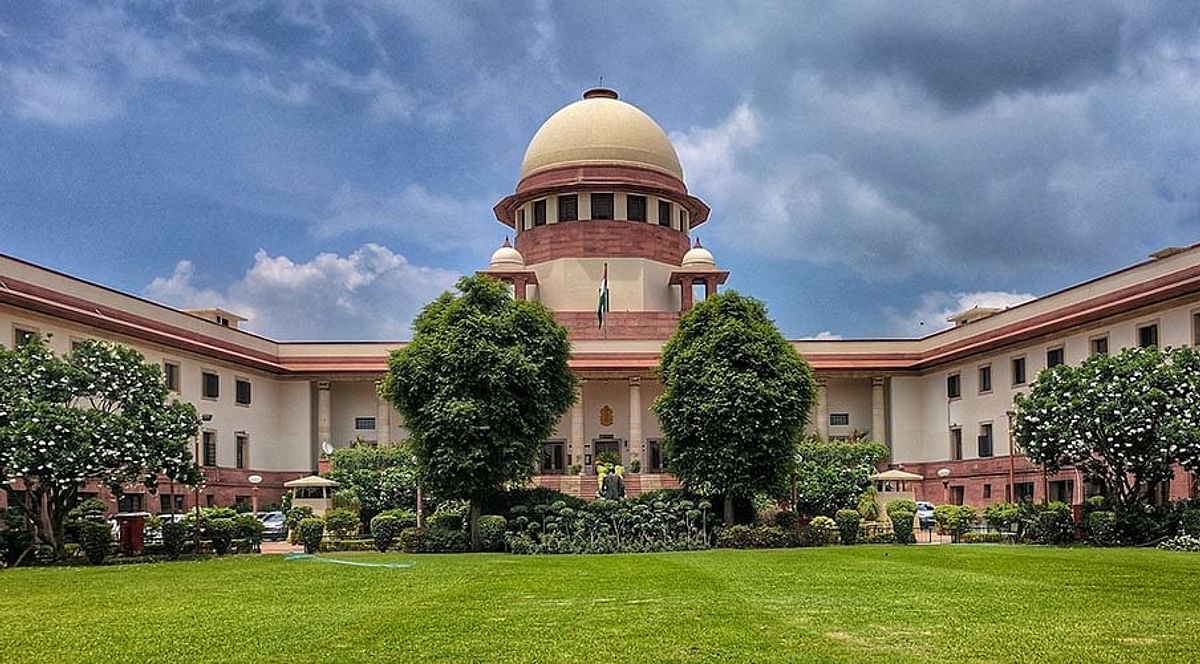
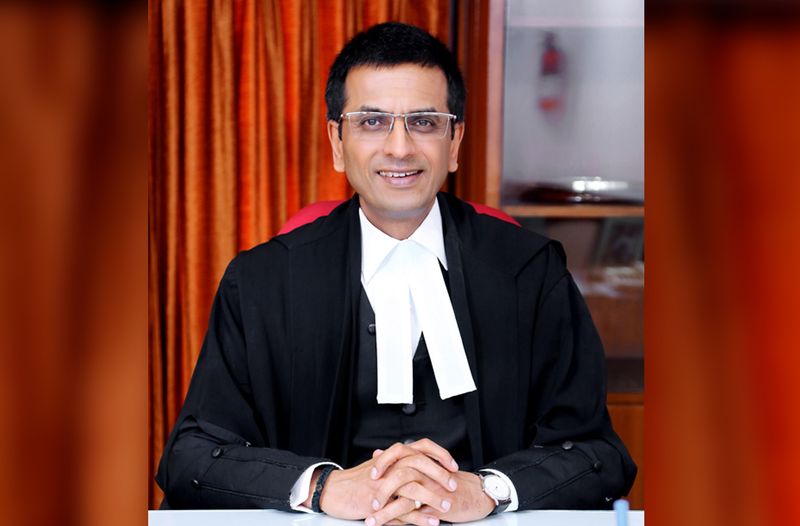
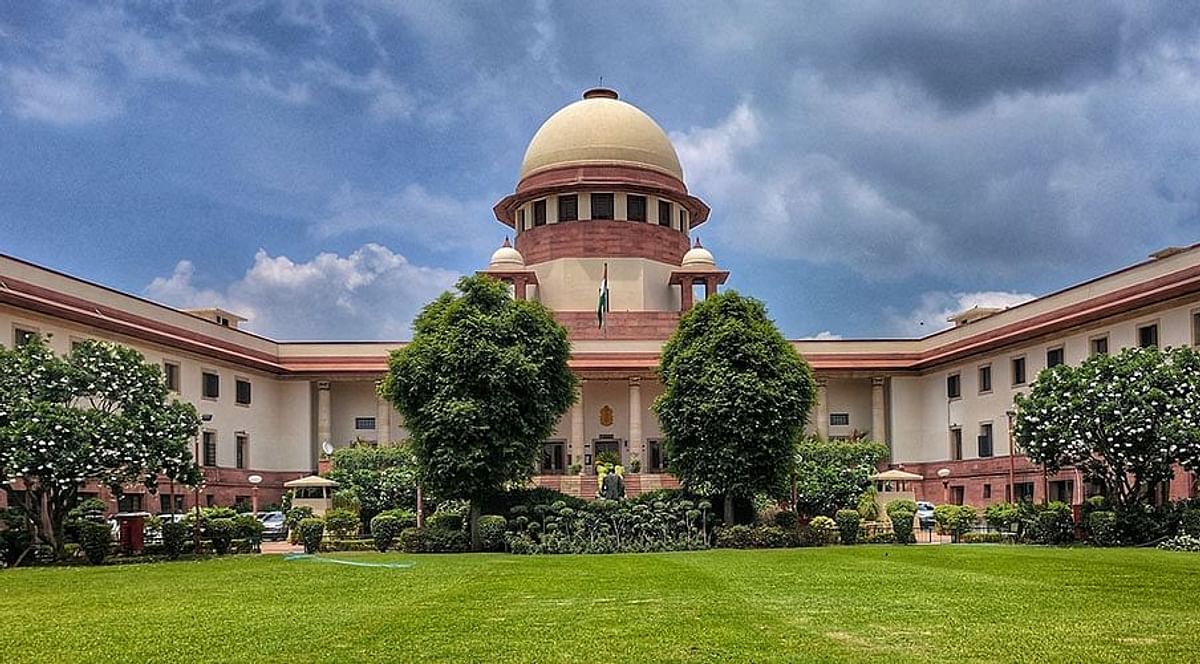
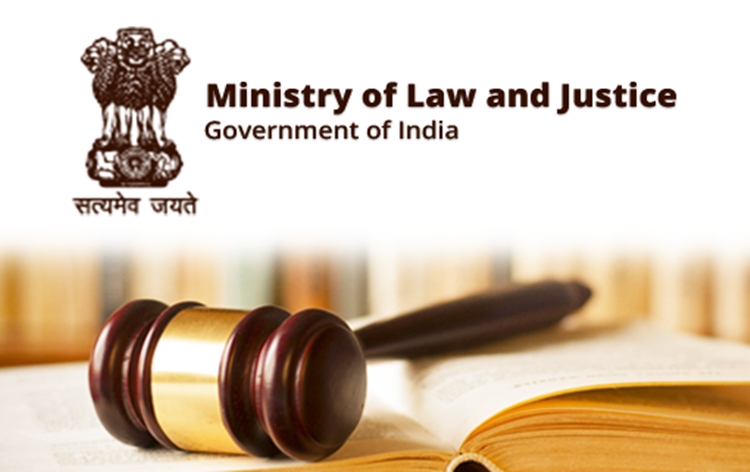
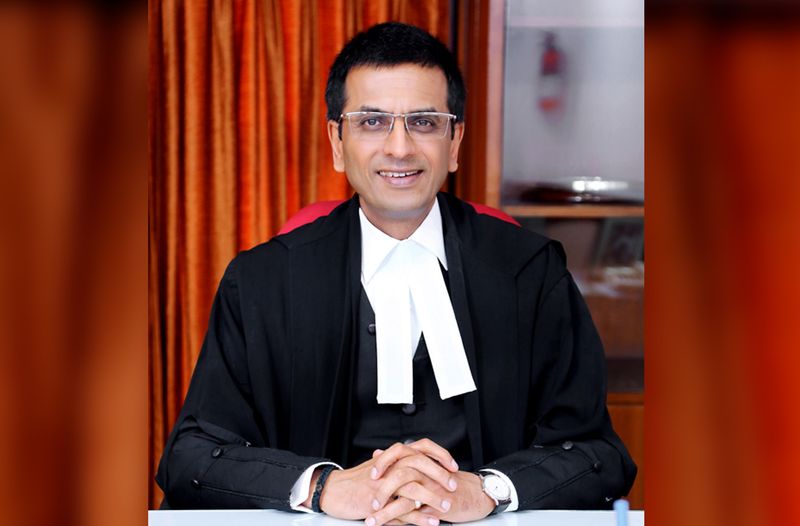
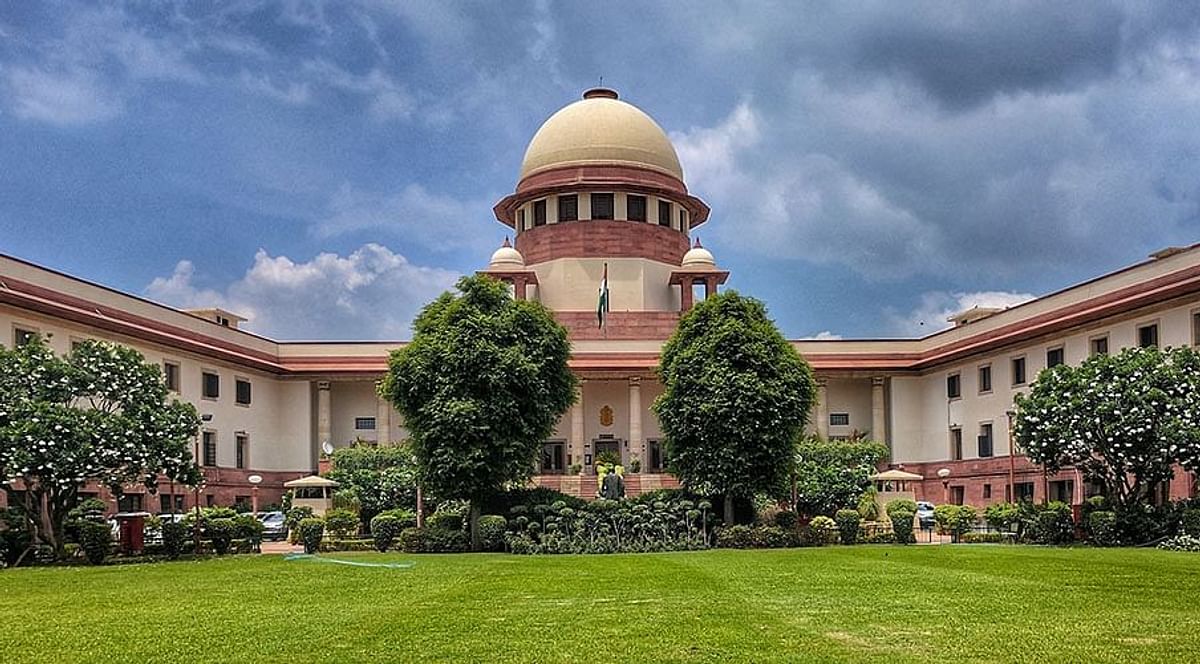

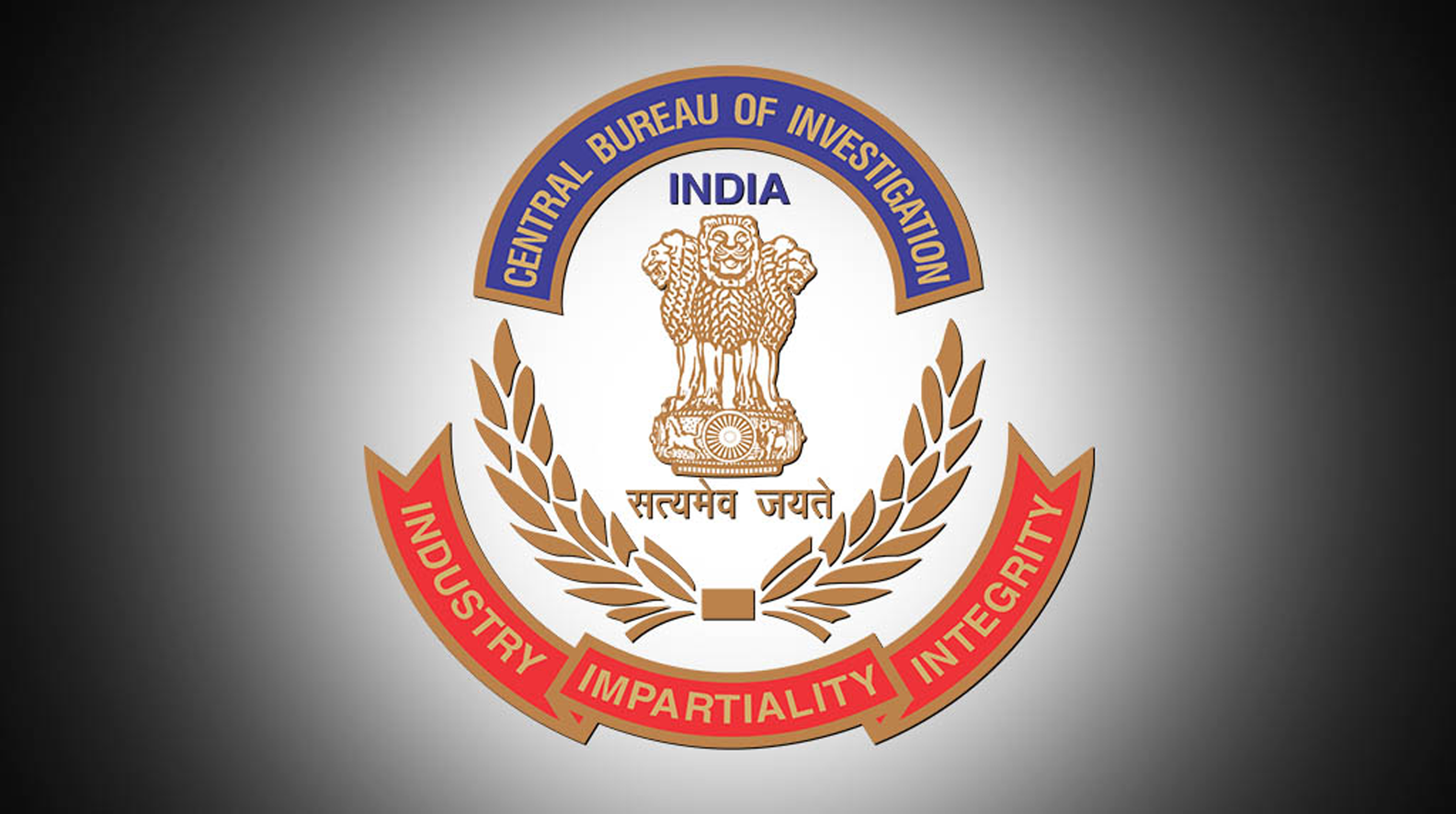
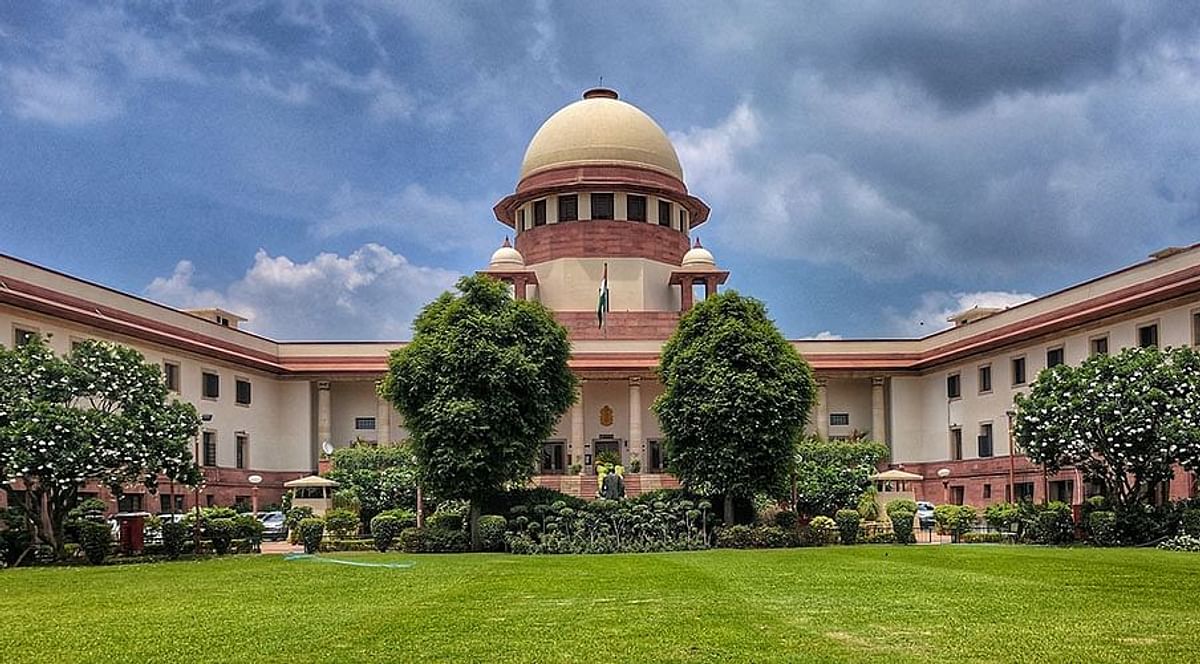







Comments (0)